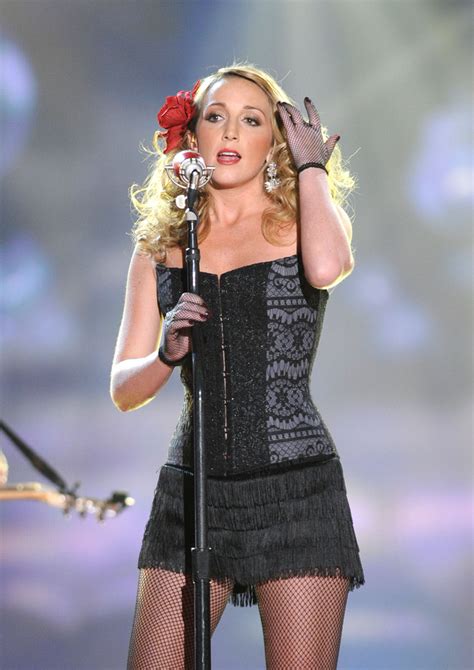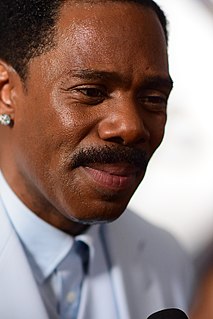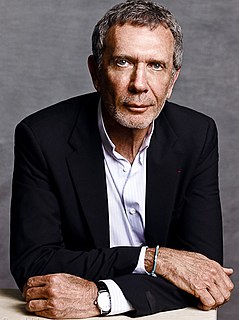A Quote by Jenny Zhang
When I first moved from Shanghai when I was five, I just thought of myself as Chinese.
Related Quotes
When I first heard that I had won the prize, I thought that it was something for myself, that it was something personal, recognition of my writings. But there is such a strong reaction from Chinese people in particular. It's been very passionate, overwhelming and passionate, Chinese people from all over the world.
We first became conscious of the plane publicly on a Monday. I thought then by the weekend it would be done. But then the Chinese military, the defense minister made a statement saying that if there was no apology from the United States, the Chinese military and the Chinese people would never understand. No reference to the government or the Communist Party, and that obviously presented an internal problem to the Chinese leadership, which was travelling at that moment.
When I first moved to Austin in January of 2000, I went out drinking and smoking every single night for a year. And it was really fun at first, but then I started to feel kind of weird because, before I moved here, I had a vision of myself becoming a new person once I lived in Austin. I just hadn't realized that person might be Nick Nolte.
'm constantly depressed by the Mexican gang members I meet in East L.A. who essentially live their lives inside five or six blocks. They are caught in some tiny ghetto of the mind that limits them to these five blocks because, they say, "I'm Mexican. I live here." And I say, "What do you mean you live here - five blocks? Your granny, your abualita, walked two thousand miles to get here. She violated borders, moved from one language to another, moved from a sixteenth-century village to a twenty-first-century city, and you live within five blocks?"
When I first moved to New York, I had some colleagues who said I should be my straightest self - whatever that means - when I went into casting offices, but I didn't want to put on an act of what I thought was heterosexual. I just wanted to be myself, and I'm very grateful because I feel like I've been embraced for that.
The Chinese central government will slowly and steadily lose authority while regional armies [gain power]. The Western powers are going to take sides to protect their investments - they have put billions of dollars into Shanghai. Their fear is that [these investments] are going to be expropriated by a warlord from the interior who will sweep down on Shanghai. They will try to form alliances with warlords to protect their concessions, and there will be a huge flow of weapons into China.




































